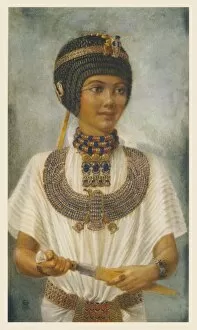Tutankhamun Collection (page 10)
Tutankhamun, the legendary Pharaoh of ancient Egypt, continues to captivate us with his opulent treasures
All Professionally Made to Order for Quick Shipping
Tutankhamun, the legendary Pharaoh of ancient Egypt, continues to captivate us with his opulent treasures. One of the most iconic artifacts is the Gold Mask of Tutankhamun, housed in the Egyptian Museum in Cairo. Crafted with meticulous detail and adorned with precious jewels, this mask symbolizes the grandeur and power of a bygone era. The Tomb of Tutankhamun, dating back to the 14th century BC in Quena, Egypt, serves as a testament to his significance in history. Inside lies his magnificent sarcophagus that once held his mummified remains. The intricate carvings and elaborate decorations on this sacred vessel reflect the reverence bestowed upon him as a divine ruler. Amongst Tutankhamun's treasured possessions were two daggers—one crafted from gold and another from iron—representing both wealth and strength. These royal weapons exemplify his authority over Egypt during his reign. Exploring further into Tutankhamun's tomb reveals an enchanting world filled with golden shrines dedicated to various deities. One such shrine depicts Isis, goddess of magic and healing. This discovery showcases not only Tutankhamun's devotion but also provides valuable insights into religious practices during that time. In addition to these remarkable findings within his tomb, we catch a glimpse into everyday life through exquisite relics like a gold-plated throne featuring Queen Ankhesenamun assisting her husband with personal grooming rituals—a touching portrayal of their intimate bond. A painted ivory plaque discovered atop a coffer lid transports us to an idyllic garden scene where Tutankhamun and Ankhesenamun are depicted together—an artistic representation of their love amidst lush surroundings. Tutankhamun's legacy lives on through these extraordinary artifacts found throughout North Africa's Valley of the Kings in Thebes.









